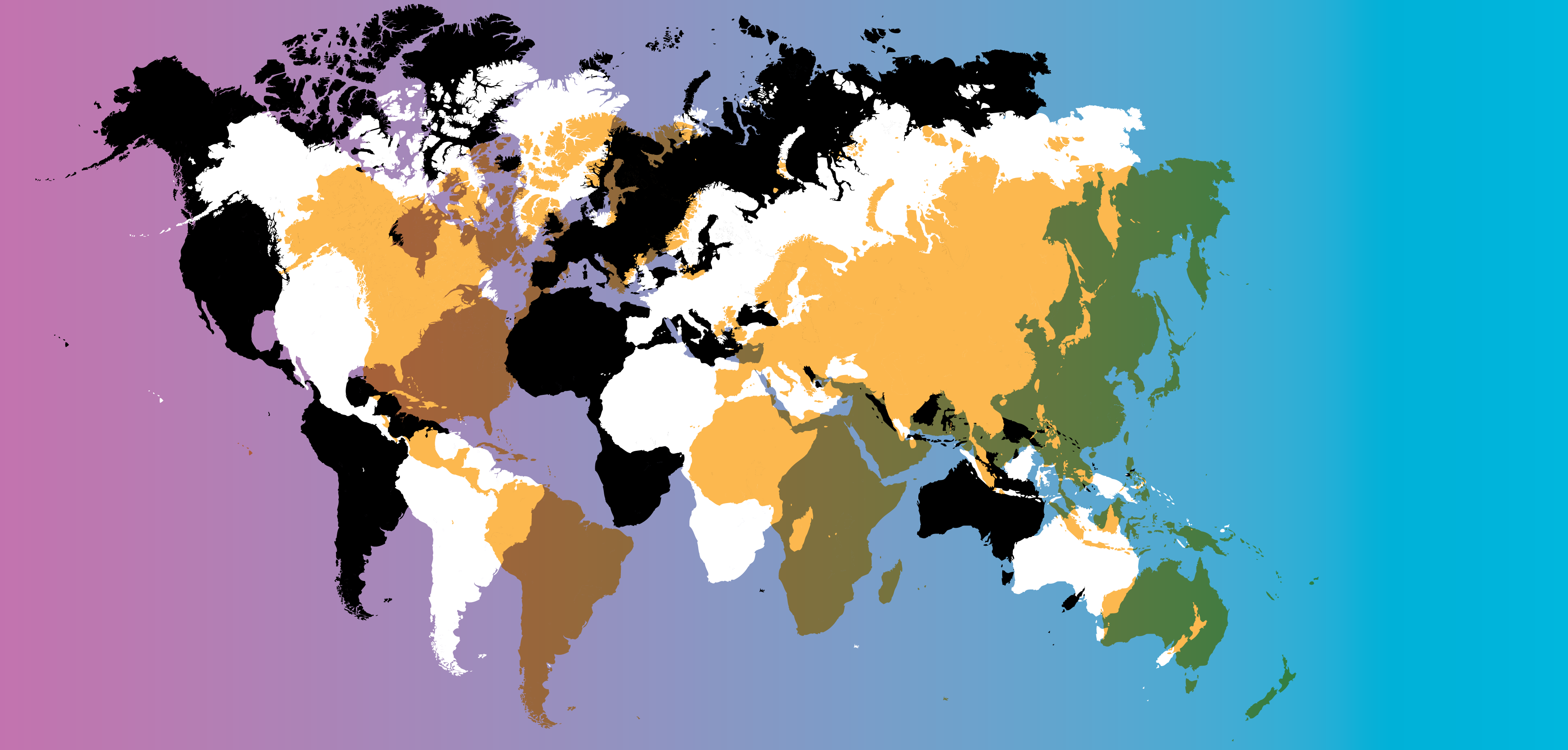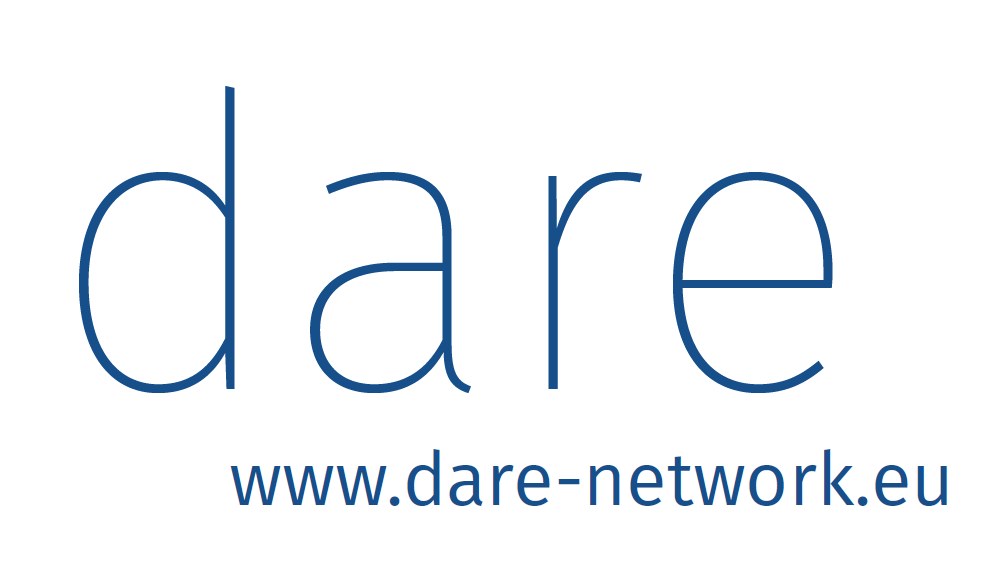Many factors influence how easy we might access the global network, if we might use it more or less unconditional or if we are in one or another way restricted in usage. We differ in whether we can co-create it or whether we have to remain in the role of a user. The world is growing together digitally in many ways, but (new?) divisions are also emerging.
Contents
Interdependencies and Divides
- Infrastructure: our ability to participate depends on services, cables, antennas and networks. Raw materials and supply chains for producing devices also have global implications
- Accessibility and affordability of technology and services and content shape the digital divide within societies and between regions
More: Digital Divide - Access to information and education is not equal, nor are learning and research capacities
- Environment: Energy hunger, raw materials dependency and exploitation, the environmental footprint of hardware production and consumption
More: Digitalisation and the Environment - Economics: Platformisation, AI and Big Data drive economic inequalities
More: Platformisation - Surveillance: Global surveillance and commodification of data
More: Networks under certain circumstances,
Our world in data
Explore the global interedependencies with publicly available data.
A European digital “third way”?
We, in Europe, expressed our regional aspirations in regard to a European digital single market and the creation of a European internet ecosystem as an alternative to others. It includes a strong data economy, FAIR principles and is focused on the individual rights of citizens, to include digital sustainability.
The competing Anglo-Saxon model strengthens large-scale platforms with less awareness to the social implications of digitalisation, especially in the domain of personal data and algorithmic governance (what its critique Shoshana Zuboff describes as “surveillance capitalism”).
Another approach to digitalisation, which might strikingly be named as the authoritarian Chinese path, is characterized by a state-guided collaboration with the data economy, meant to control citizens and channel human behaviour via digital means. This political expectation of surveillance relies on the creation of personal data from various fields of social life, the capacity to extract insights about the population, to bind citizens to specific platforms and exercise political control.
From a global perspective, the question that becomes apparent is “which impact on the rest of the world do European digital strategies have, in terms of world views, rights and social, political and cultural opportunities of global citizens, as well as global sustainability?”
Read more:
- Shaping Europe’s Digital Future. Luxembourg: Publications Office of the European Union, 2020 https://doi.org/10.2759/091014
- Next Generation Internet (NGI) https://ngi.eu
Nils-Eyk Zimmermann
Editor of Competendo. He writes and works on the topics: active citizenship, civil society, digital transformation, non-formal and lifelong learning, capacity building. Coordinator of European projects, in example DIGIT-AL Digital Transformation in Adult Learning for Active Citizenship, DARE network.
Blogs here: Blog: Civil Resilience.
Email: nils.zimmermann@dare-network.eu
handbook for Facilitators: Learning the Digital
This text was published in: M. Oberosler (ed.), E. Rapetti (ed.), N. Zimmermann (ed.), G. Pirker, I. Carvalho, G. Briz, V. Vivona (2021/22). Learning the Digital. Competendo Handbook for Facilitators.
Created in the frame of the project DIGIT-AL - Digital Transformation Adult Learning for Active Citizenship.











